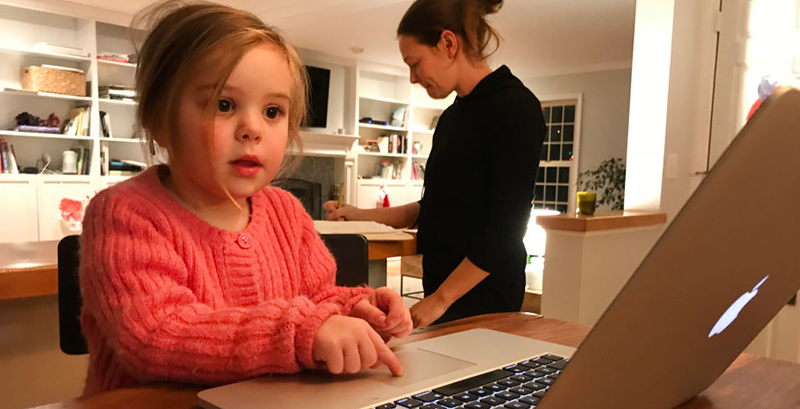Exclusive: Pathway 2 Tomorrow Issues Call for Innovative, Local Education Proposals, Seeks Solutions From ‘Voices Not Always Heard’

An initiative launching today is issuing an open call for proposals to match community needs with innovative education policy solutions.
Led by former New Mexico secretary of education Hanna Skandera and education consultant Kristen Lozada Morgan, Pathway 2 Tomorrow: Local Visions for America’s Future “is an inclusive approach to education solutions and is interested in hearing from voices not always heard – those of educators, practitioners, parents, researchers, advocates, nonprofit and business leaders, and entrepreneurs.”
“What’s really unique about Pathway 2 Tomorrow is the local grounding,” Skandera told The 74. “It comes out of local voice and demands, and the way these ideas are shared in states and communities is through partners. People don’t go to a policy catalog to create their next policy agenda. They go to the places and the coalitions that they build at the local level and the people they trust.”
P2T has signed on nearly 50 bipartisan partners and even more supporters and advisers, ranging from school chiefs to political leaders. Among the partners are Teach for America, the U.S. Chamber of Commerce, the Data Quality Campaign, and the College Board.
Amid an evolving education landscape that is clamoring for solutions to prepare for the growing needs of an unknown future economy, coupled with new requirements for state-driven policy under the Every Student Succeeds Act, P2T launched as a response to the changing needs of state and local business, government, and education leaders.
“We know that in any given space, it’s a local decision more than ever based on our political space and ESSA. States are leading,” Skandera said. “So how do we really encourage and support in their leadership and ensure that they’re set up for success in their local environments and that we have ideas that are responsive to what they need? There’s no presumption at Pathway 2 Tomorrow that any individual or entity has all the right answers.”
From a legislative standpoint, there’s a critical need for coordination and cooperation across business and education to overcome workforce development and economic challenges, said Republican Indiana state Rep. Todd Huston.
“These solutions will require intentional consideration of, and alignment between, K-12 and higher education, and these complex challenges cannot be solved independently,” Huston said.
Through Aug. 31, P2T is accepting three-page idea proposals that can “effect change in education across the spectrum, from early childhood education to career readiness and anything in between.” Submissions will go through a review process, and selected finalists will receive $15,000 to execute their proposals. P2T will also curate chosen proposals and policy papers into a solutions catalog for state and local leaders.
“With ESSA and all the incredible stakeholder engagement that states did, we saw a lot of local ideas and suggestions in a way we hadn’t seen in the past,” said Carissa Miller, executive director of the Council of Chief State School Officers, a P2T partner. “Those conversations haven’t ended, but this is another opportunity for sharing and cultivating good ideas to help build a more robust system. Being open to local innovation so we can provide equitable opportunities and increase equity in our schools is the reason we do all of these things.”
And, for the first time since No Child Left Behind, when education governance was stronger at the federal level, states no longer have a cohesive vision to work toward — and in the absence of that vision, the country has started to drift apart, said Derrell Bradford, executive vice president of 50CAN, also a P2T partner. Bradford and his group don’t believe in centrally organized policies at the federal level, instead favoring a “locally led, nationally supported” system in which leaders can work together while serving the very disparate needs of each individual community.
“In the Obama-Duncan NCLB era, we at least had a set of common principles. People didn’t agree with all of them, but people at least agreed upon them, and they mainly kept us together,” Bradford said. “The absence of anything coherent like that right now has fractured the landscape so incredibly that we might not recover from it. The idea of going to the states and trying to build these landing pads of ideas that are state-manufactured, sourced locally, and unique to the context of individual states, I hope, will start bringing people who were allies when we had a playbook back together again.”
Get stories like these delivered straight to your inbox. Sign up for The 74 Newsletter

;)
